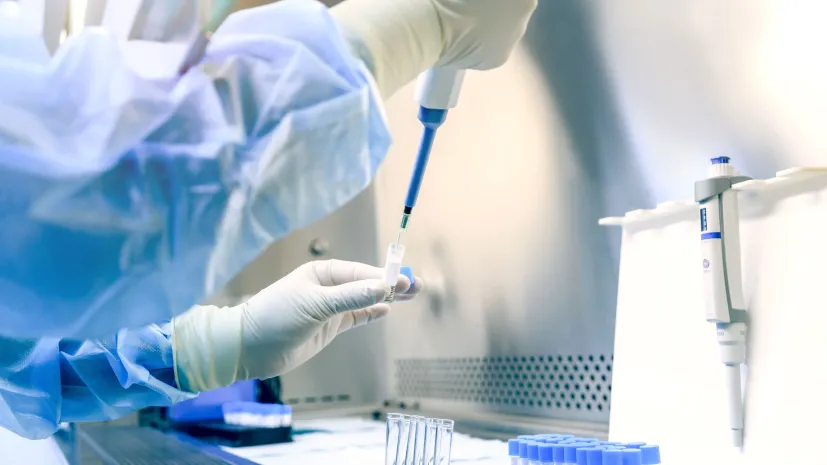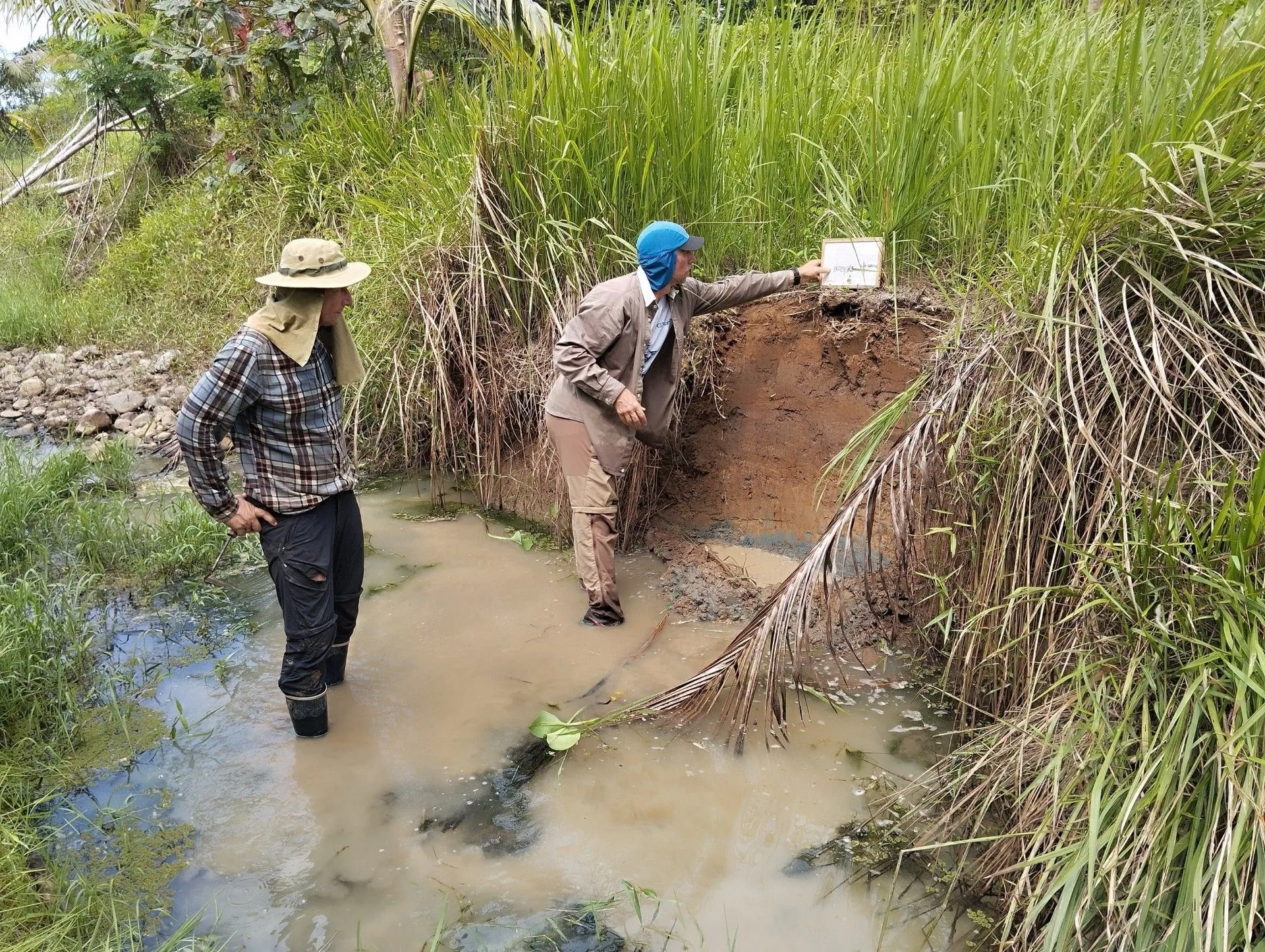-
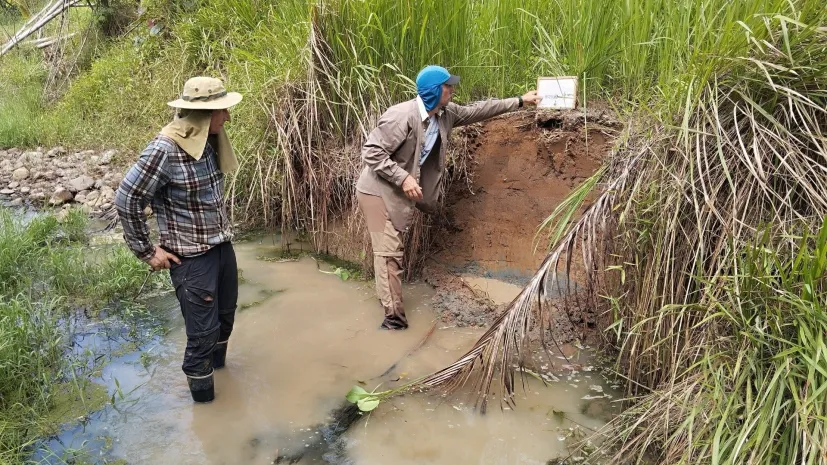
Polish scientists investigate traces of past Tsunamis to prepare for future threats
Polish researchers are digging into the history of past tsunamis on the western coast of Sumatra, aiming to better understand the region’s natural disaster risk and help local communities prepare for future waves.
-

Antifeminism in Poland begins at home, says new study
A new study has revealed that for many young women in Poland, antifeminism, rather than feminism, is often instilled within the family home.
-
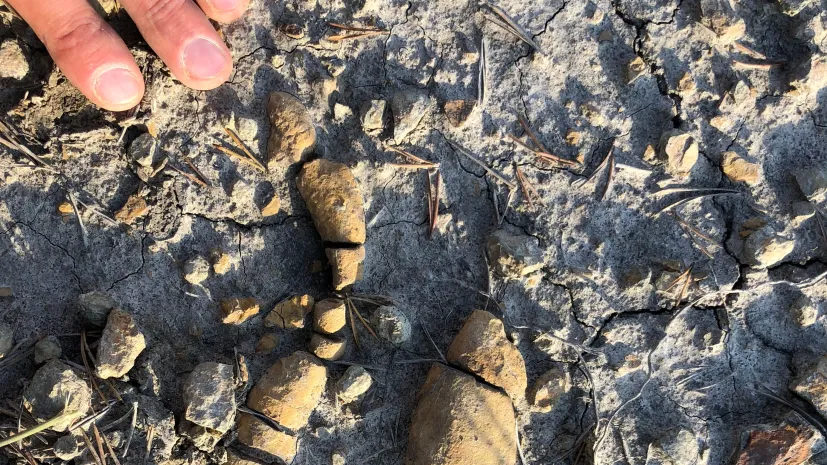
Fossilized faeces reveal secrets of dinosaur evolution and ecosystems
Scientists from Poland and Sweden have analyzed over 500 fossilized faeces (coprolites) to reconstruct ancient food webs and gain new insights into the evolution of dinosaurs.
-

New space mission to reveal new details about the Sun's inner corona
A groundbreaking space mission named Proba-3 promises to reveal unprecedented insights into the Sun’s inner corona, a region previously studied only during rare and brief solar eclipses.
-

Childhood trauma linked to poor eating habits and obesity in adulthood, Polish study finds
New research from Poland suggests that adverse childhood experiences (ACEs), such as emotional neglect, abuse, and family dysfunction, may significantly influence eating behaviors in adulthood, potentially leading to obesity and related health disorders. The study highlights the long-lasting effects of trauma, emphasizing the connection between early-life stress and poor dietary choices.
-

New painless dental treatment to stop early cavities developed by Silesian scientists
Researchers from the Medical University of Silesia, in collaboration with the Silesian University of Technology, have developed an innovative dental treatment that promises to halt the progression of early-stage tooth decay – without the need for drilling or painful procedures.
-
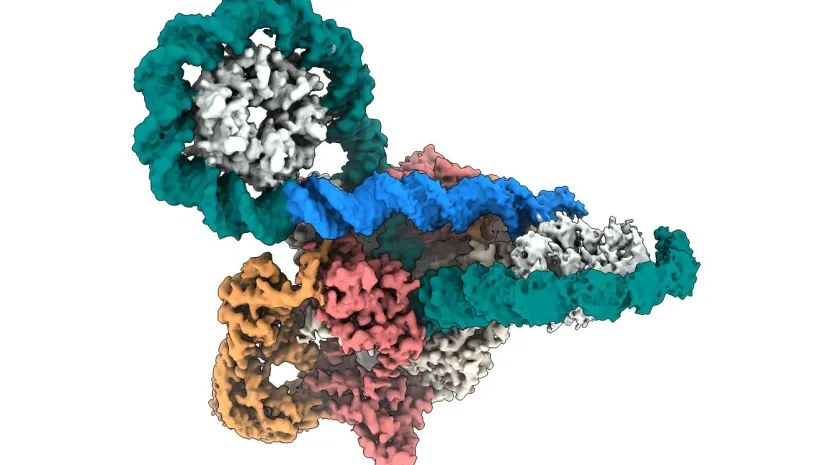
Cryo-electron microscopy reveals bacterial survival mechanisms
Scientists from the Jagiellonian University, alongside international collaborators, have revealed unprecedented high-resolution images of DNA gyrase, a critical enzyme for bacterial survival.
-
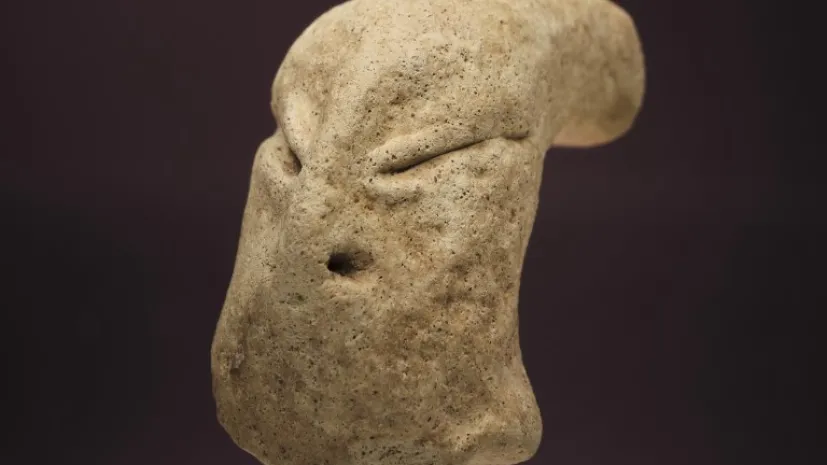
Ancient figurine and pottery found in Kuwait's Bahra 1 site shed light on early Arabian culture
A team of Polish archaeologists, working in collaboration with Kuwaiti researchers, has uncovered a treasure trove of ancient artifacts at the Bahra 1 site in northern Kuwait, providing a rare glimpse into life on the Arabian Peninsula over 7,000 years ago.
-
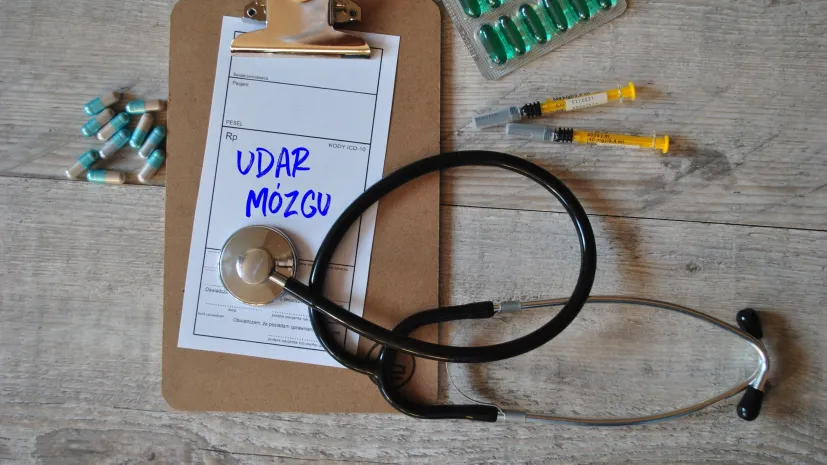
Severe strokes linked to three main preventable causes
High blood pressure, smoking, and atrial fibrillation are the leading causes of severe strokes, according to an international study.

